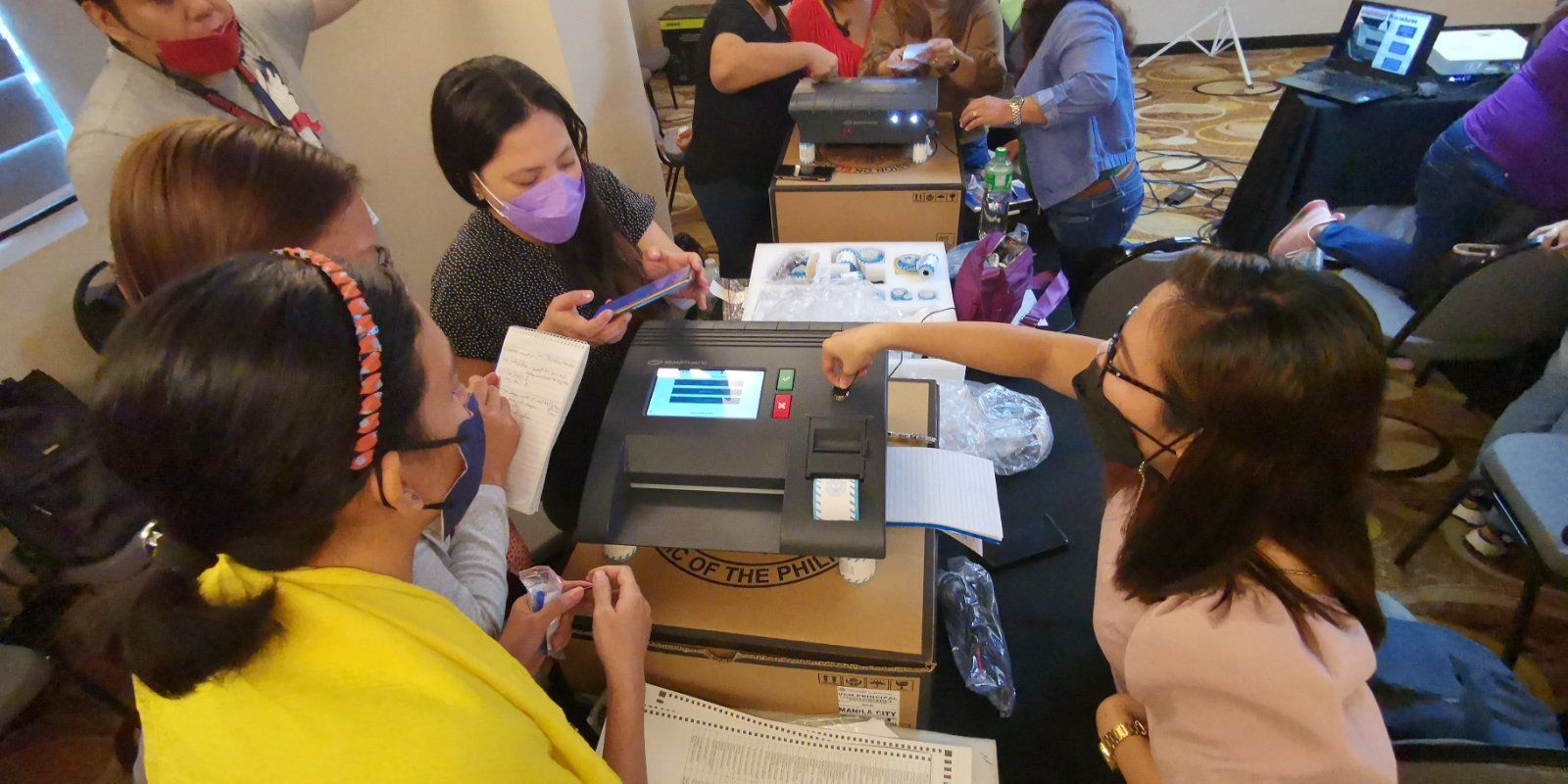Prioritize teachers as electoral board support staff, Comelec urged
Citing the long-standing role of educators in electoral duties, a group on Friday, March 28, urged the Commission on Elections (Comelec) to prioritize public school teachers in the selection of Electoral Board (EB) support staff.

Citing the Election Service Reform Act (ESRA), the Teachers’ Dignity Coalition (TDC) in a statement, pushed for the prioritization of public school teachers in the selection of EB support staff.
In a letter addressed to Comelec Chairman George Erwin Garcia the other day, TDC Chair Benjo Basas responded to the Commission’s formal reply regarding the group’s request for the preferential assignment of teachers in EB support roles.
The response, issued by Comelec Deputy Executive Director for Operations (DEDO) Rafael B. Olano said the law does not prohibit the designation of teachers as EB support staff.
“However, in the absence of an express provision, the Commission cannot give preference to teachers in the designation of support staff to the detriment of persons other than teachers who want to serve in the election,” Olano said. “Certainly, the law does not reserve the function of a support staff exclusively to teachers in recognition of non-teachers who are also capable and willing to render election service,” he added.
Basas, however, emphasized that while ESRA (Republic Act No. 10756) does not explicitly mandate preference for teachers as support staff, its “clear intent” was to prioritize them in electoral assignments while making the optional.
“The ESRA is a landmark legislation that TDC has championed as one of our main legislative advocacies since our founding in 2006,” Basas said.
“A victory was finally achieved in 2016—making election duty optional for teachers while ensuring their safety, health, and security,” he added.
Logical, practical
For decades, TDC pointed out that public school teachers have played a crucial role in ensuring the integrity and efficiency of elections in the country.
The passage of ESRA in 2016 provided them with stronger legal protection, higher compensation, insurance, and legal assistance, among other benefits, TDC said.
Basas also underscored that assigning teachers as support staff would be “the logical and most practical course of action, as teachers are already familiar with their communities, school premises, and colleagues who serve as Electoral Board members.”
He asserted that teachers’ involvement would “greatly enhance the efficiency of election operations and ensure smoother coordination on election day.”
Basas further expressed concern that despite the hard-fought benefits of ESRA, teachers are “now being left behind” in the selection process for EB support staff positions.
“While the law does not prohibit the designation of non-teachers, it is baffling that some Comelec field officials have completely overlooked teachers, despite their equal qualifications for these roles,” Basas said.
TDC has reiterated its call for Comelec to exercise its authority and ensure that teachers are prioritized for EB support staff roles.
The group urged the Comelec en banc to act swiftly while “there is still time” for proper implementation before the upcoming elections.